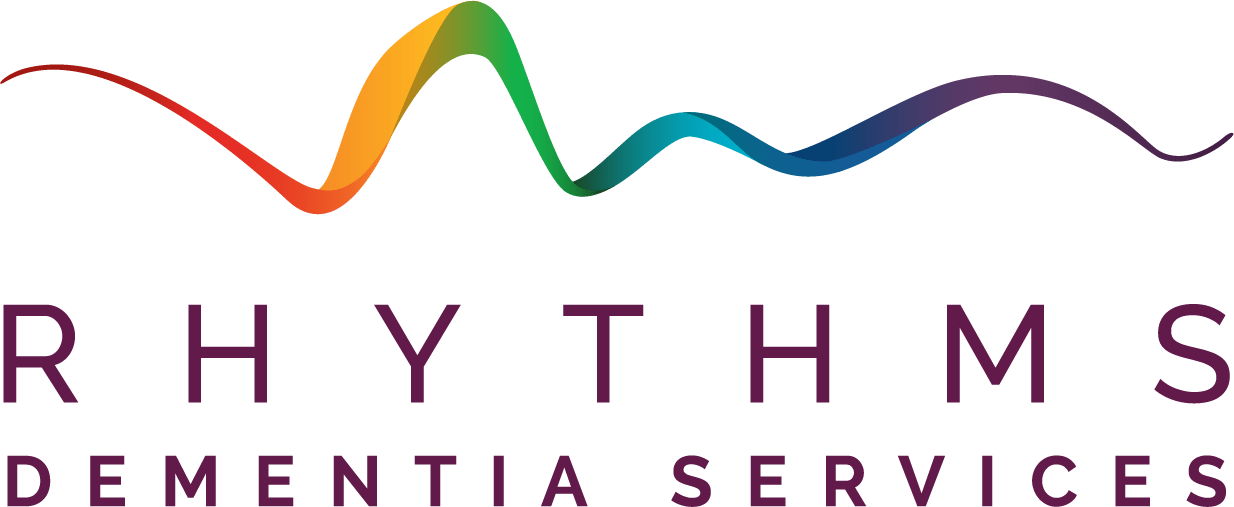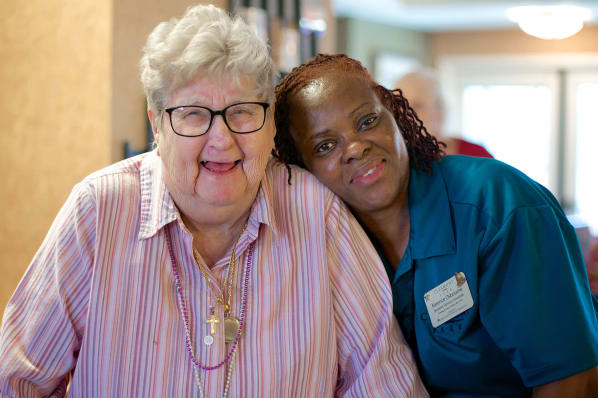Rhythms Dementia Services
 Christian Living Communities innovative Rhythms approach adapts to each person’s natural rhythm of life. We strive to educate everyone who is living with dementia—including families and communities—so that they feel supported and can provide support to others on the dementia journey.
Christian Living Communities innovative Rhythms approach adapts to each person’s natural rhythm of life. We strive to educate everyone who is living with dementia—including families and communities—so that they feel supported and can provide support to others on the dementia journey.
This unique approach to caring for those with memory loss is integral to all of our senior living communities, including those managed by Cappella Living Solutions.
Find several helpful ideas for communication and connection with your loved one who is living with dementia in this resource:

These principles and beliefs are the foundation of Rhythms Dementia Services.
- Dementia is a shift in the way a person experiences the world around him/her. Our job is to create environments where each person can navigate the world successfully and experience a life worth living.
- Disease should never define a human being. We know each person as a unique individual and use this relationship to create an environment of growth and happiness.
- We learn each person’s natural rhythm of life and adapt to that.
- We focus on the strengths of each individual rather than on their deficits.
- Dementia is more than memory loss. We understand that because the brain controls the entire body, there are significant changes that occur with the way the body and brain function and the way in which the brain takes in information.
- The majority of distress that is experienced by people living with dementia is not due to the physical disease but due to the environment and how people interact with them.
- “Behaviors” and “sundowning” are communication of unmet needs - a person’s attempt to tell us that something is not right in his or her world. It’s our job to figure out what they are trying to tell us.
- We use a variety of tools and techniques (validation, music, arts and more) to meet each person’s individual needs. We adapt our approach as needed.
- Family and friends are an integral part of the care partner team.
- Family members, as well as the person who has the disease are “living with dementia.” We educate and support them on this journey.

